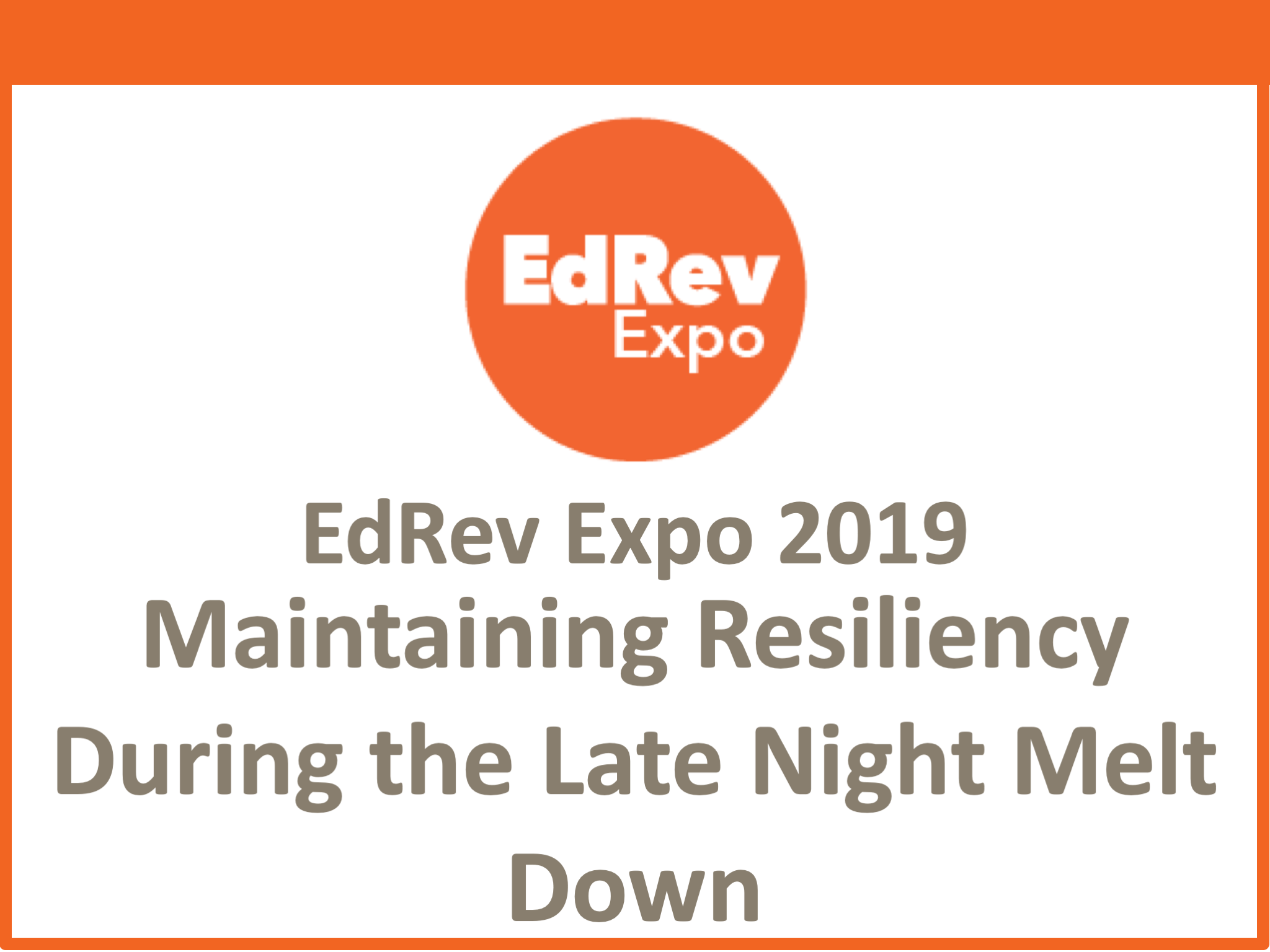 Self-worth is not the same as self-esteem. Our self-esteem is derived from our abilities, accomplishments, social positions and things we believe and we can achieve. We can bolster our self-esteem by improving our skills or performance, and our self-esteem goes up and down depending on how we’re doing in various aspects of our lives.
Self-worth is not the same as self-esteem. Our self-esteem is derived from our abilities, accomplishments, social positions and things we believe and we can achieve. We can bolster our self-esteem by improving our skills or performance, and our self-esteem goes up and down depending on how we’re doing in various aspects of our lives.
In contrast, unconditional self-worth is distinct from our abilities and accomplishments. It’s not about comparing ourselves to others; it’s not something that we can have more or less of. Unconditional self-worth is the sense that you deserve to be alive, to be loved and cared for to take up space.
In this TEDx Talk, Licensed psychologist Adia Gooden PhD shares her own journey. Gooden says, “I’ve finally begun to cultivate an unconditional self-worth and shed the belief that “I’m not good enough”. I’m embracing myself — quirks and all — and this new path is liberating, enlivening and life-giving.”
Here are four ways you can begin to feel more worthy starting right here, right now:
1. Forgive yourself
Many of us struggle to feel worthy, because we are angry with ourselves about past mistakes. Forgiveness involves acknowledging and accepting what has happened. Acceptance releases us from blaming ourselves and others and allows us to move forward.
2. Practice self-acceptance
I think many of us struggle with low self-worth because we think there’s something wrong with us and we refuse to accept ourselves the way we are. We receive so many messages that we are not OK the way we are. We’re told that we need to change our bodies, our clothes, our jobs or even our personalities to be acceptable.
3. Be there for yourself
When life gets rough, many of us abandon ourselves during times of challenge. We engage in harsh self-criticism — which only leaves us feeling worse. What we need most when we are going through a difficult time is for someone to say “I see you. I see how badly you’re hurting. I’m here.”
The next time you experience emotional pain, acknowledge how you were feeling and offer yourself some comfort. Place your hand on your chest, give yourself a hug or say something kind and soothing to yourself.
4. Connect to supportive people
Low self-worth can leave us feeling isolated and alone. When we think there’s something wrong with us, we tend to pull away from our relationships, and this isolation only exacerbates our feelings of unworthiness. Knowing that we are not alone in our struggles and pain reminds us that challenges don’t make us unworthy. Connecting to people who are supportive helps us to get in touch with our humanity and our sense of worth.
Excerpted from “How to cultivate a sense of unconditional self-worth” on Ideas.TED.com. Read the full article online.
Source: Ideas.TED.com | How to cultivate a sense of unconditional self-worth, https://ideas.ted.com/how-to-cultivate-a-sense-of-unconditional-self-worth | © TED Conferences, LLC
Do you need someone to talk to? CHC can help. We invite you to call or email our Care Managers at 650.688.3625 or careteam@stage.chconline.org to set up a free 30-minute consultation. CHC teletherapy services are available now.





